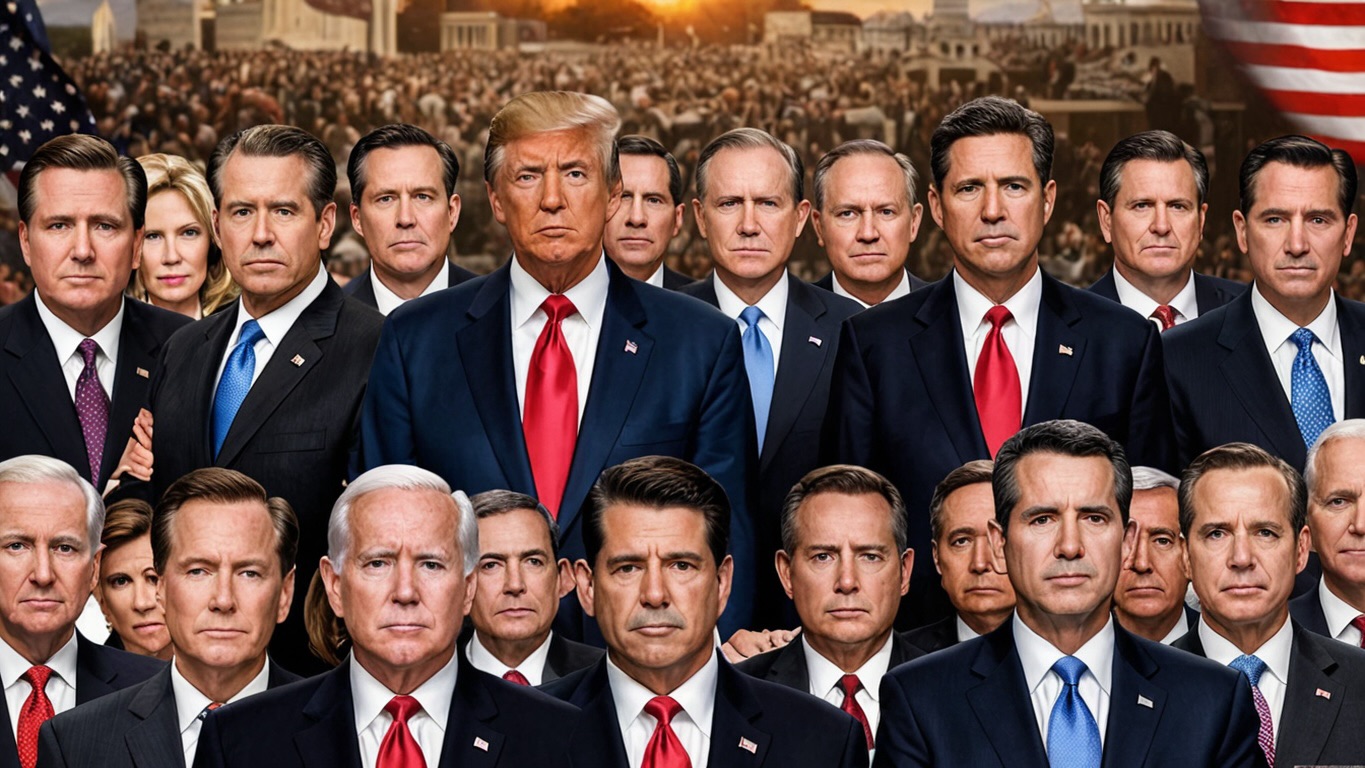In the complex arena of American politics, perspectives on censorship and corruption seem to oscillate dramatically between Republicans and Democrats, reflecting a shifting ideological landscape that often prioritizes partisan advantage over principled consistency. This fluctuating stance on key issues underscores the intricate dance of political convenience and the often blurred lines between principle and pragmatism.
Censorship: A Partisan Double Standard
Censorship, once championed as a necessary measure for protecting democratic values, has become a contentious battleground where partisan interests frequently overshadow consistent principles.
For many Republicans, concerns over censorship have traditionally centered on perceived threats to free speech from liberal-leaning institutions and social media platforms. The narrative here is that progressive agendas are suppressing conservative voices, leading to a call for deregulation and a defense of unfettered speech as a bulwark against perceived overreach.
Conversely, Democrats have often positioned themselves as defenders of free expression, criticizing conservative efforts to censor content under the guise of protecting community standards. Yet, this stance can become ambivalent when the focus shifts to issues like misinformation or hate speech, where Democrats may advocate for regulatory measures that some view as censorship.
The irony is palpable: both parties criticize censorship when it affects their own supporters but may endorse similar measures when it aligns with their goals. This duality reflects a broader tendency to prioritize short-term political advantage over consistent commitment to democratic principles.
Corruption: The Partisan Perspective
When it comes to corruption, the partisan lens similarly distorts perceptions.
Republicans often accuse Democrats of corruption and ethical lapses, pointing to scandals and controversies as evidence of systemic failures within the liberal establishment. This focus is particularly intense when the scandals involve high-profile figures or questionable practices that align with broader criticisms of the left’s moral and political integrity.
On the flip side, Democrats frequently highlight corruption within the Republican ranks, particularly in relation to campaign finance, corporate influence, and allegations against prominent figures. The narrative here centers on the idea that conservative policies are disproportionately influenced by wealthy donors and special interests, undermining democratic accountability and transparency.
This seesawing perspective on corruption suggests that each party’s outrage is often selectively applied, focusing on the failings of the opposing side while downplaying or rationalizing their own missteps. The result is a political climate where accusations of corruption become tools for partisan warfare rather than opportunities for genuine reform.
The Consequences of Inconsistent Principles
The shifting perspectives on censorship and corruption have significant implications for American democracy. When partisan interests dictate positions on these issues, it undermines the pursuit of consistent and principled governance. This inconsistency can erode public trust, as citizens become disillusioned with leaders who seem more concerned with scoring political points than upholding democratic values.
Moreover, the fluidity in stances on censorship and corruption highlights a broader problem of political polarization. When both sides are willing to adapt their principles based on partisan advantage, it reinforces division and hampers efforts to address systemic issues in a meaningful way.
A Call for Principled Discourse
To foster a more robust and transparent political discourse, it is essential for both Republicans and Democrats to move beyond the cyclical patterns of partisanship. Embracing consistent principles on issues of censorship and corruption—regardless of the immediate political context—can help restore faith in democratic institutions and promote a more unified approach to governance.
In conclusion, the shifting perspectives on censorship and corruption reflect the challenges of navigating a deeply polarized political landscape. By recognizing and addressing these inconsistencies, there is an opportunity to advance a more principled and constructive dialogue, one that prioritizes democratic values over partisan expediency.
